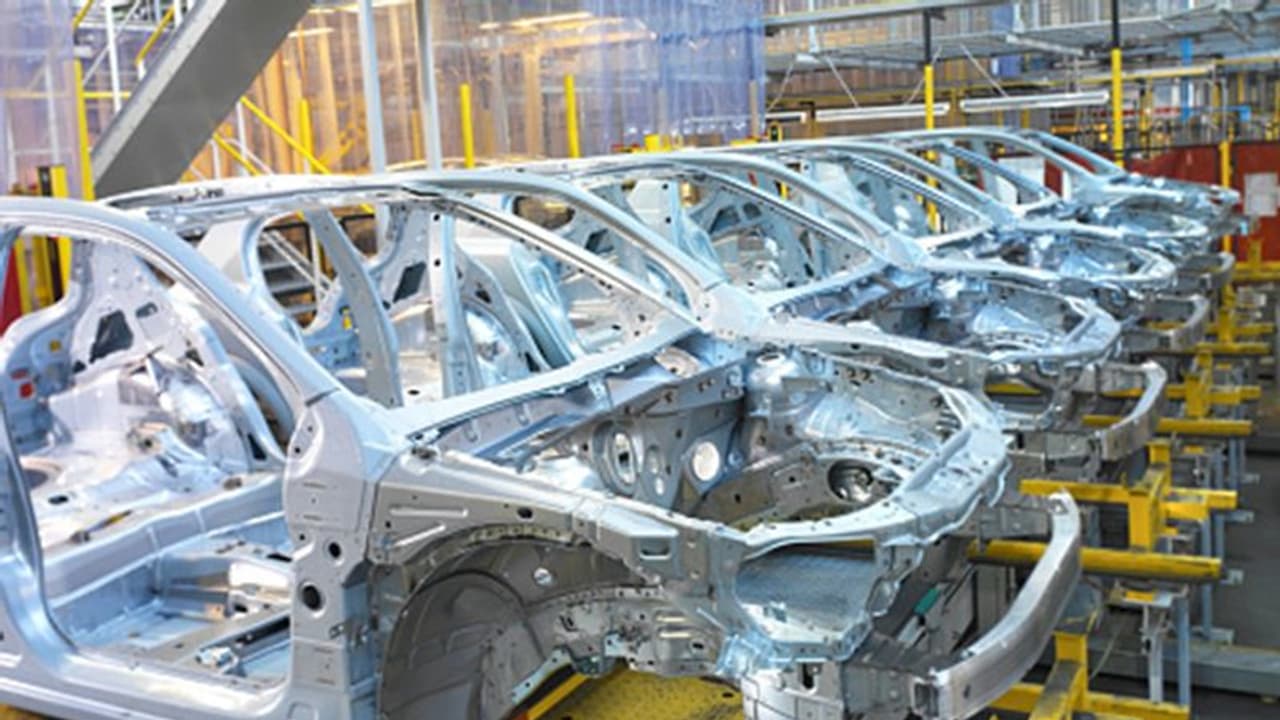As the Indian automobile industry tries to align itself with weak demand due to the economic slowdown, manufacturers such as Maruti, Hyundai, Mahindra & Mahindra have taken measures such as shedding jobs and initiation of non-productive days. Industry leaders hope that the government will take effective bailout steps
The Maruti Suzuki plant in Manesar which had an unscheduled shutdown for a whole day will face two non-productive days on September 7 and 9 as workers come to terms with never-before seen inactivity as auto companies in India try to drive through the economic slowdown.
Hard times have hit the auto industry as thousands have lost their jobs in and around Manesar.
Production has been cut and automobile manufacturers have reportedly parked some of their plans to deal with the situation.
Tata Motors, Hyundai, Toyota, Mahindra & Mahindra have had to reduce their output.
According to a media report industry estimates have stated that plunging car sales have led to automakers, component manufacturers and dealers laying off about 350,000 workers since the beginning of 2019.
Also read: Maruti reports 33% drop in August sales; Vitara Brezza, S-Cross and Ertiga sales improve
India’s automotive industry which is the fourth largest in the world is expected to show a drop of more than 30% in sales for August.
The industry which employs more than 35 million people, directly and indirectly, and accounts for nearly half of India’s manufacturing output is heading for a 10th straight month of decline.
Factory output also in the two-wheeler segment came down by 10% in April-July 2019. Hero Moto Corp too had four days of no production in August to align itself with demand.
Also read: Bajaj Auto sales decline by 11% in August; 3,90,026 units sold in month
A report by Times of India quoted Maruti chairman RC Bhargava who said that nearly 3,000 temporary employees have lost their jobs. Nearly 1,700 employees of Nissan India too may reportedly be laid off to maintain profitability.
Many industry leaders are hoping that the government will take effective bailout measures such as GST rate cut to see the industry through this difficult time.
The bruise beyond the auto industry:
While the industry’s three main centres; Gurugram in the North, Chennai in the South and Pune in the West are suffering, reluctance from lenders to extend consumer loans only deepens the wounds.
Sacked workers who now turn to their villages do not help the rural sector which already faces low crop prices, waning consumer sentiment and weak growth.
In Manesar, sales of items such as cooking oil and flour have reportedly fallen as fewer customers frequent shops and salons and those who do, hesitate to spend much out of fear.
